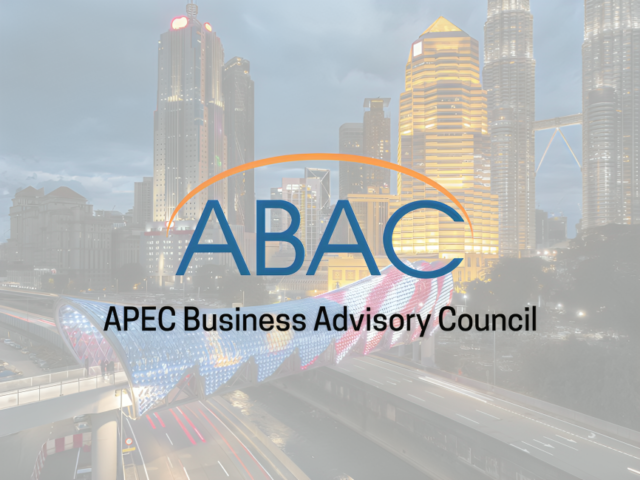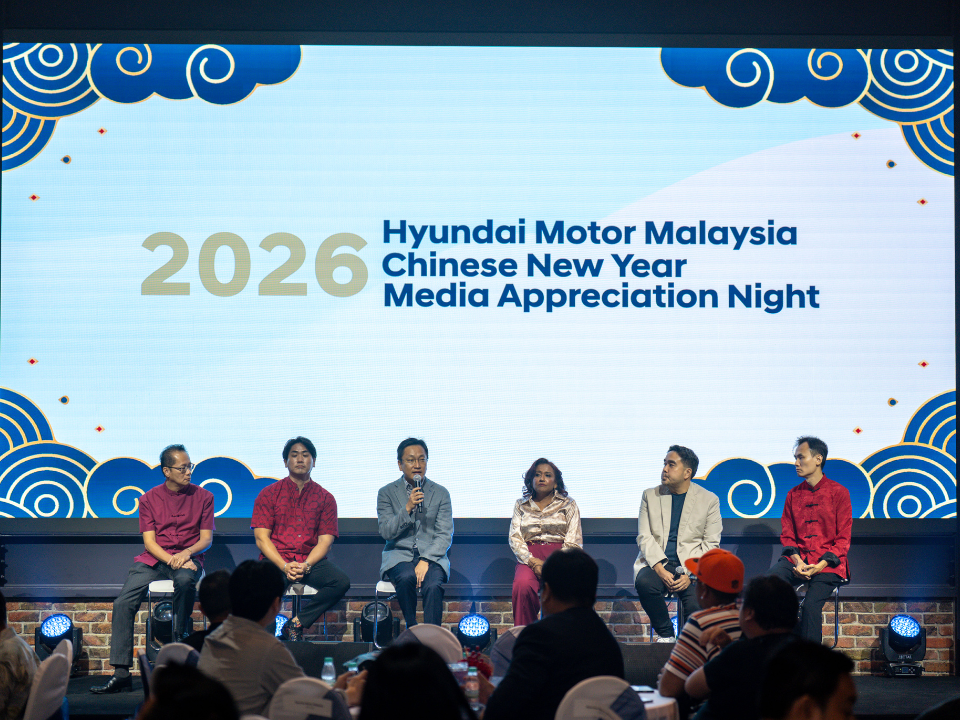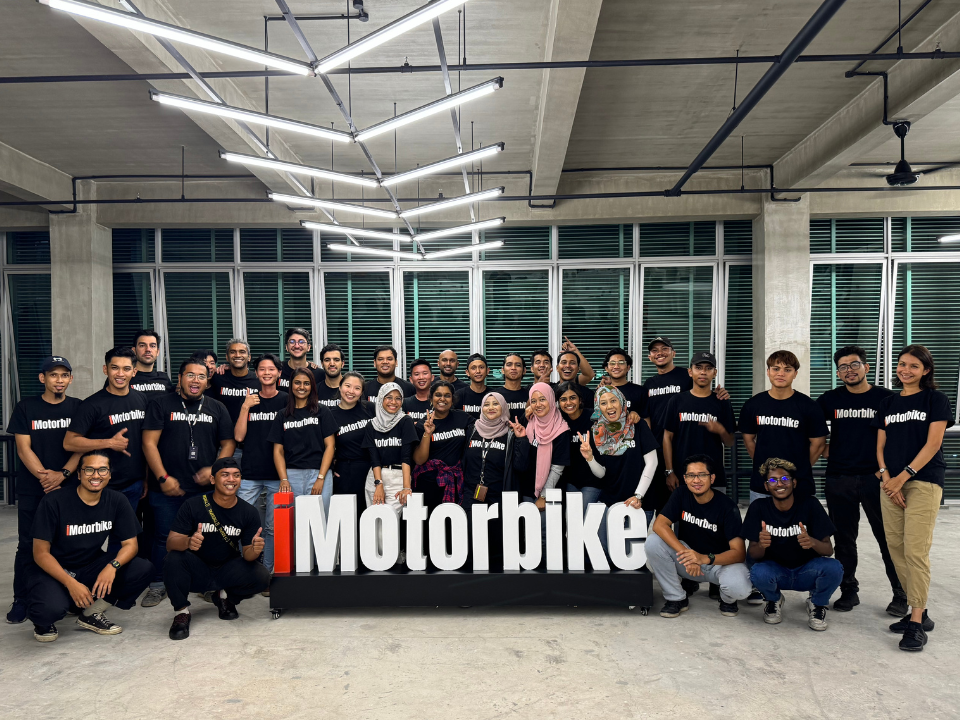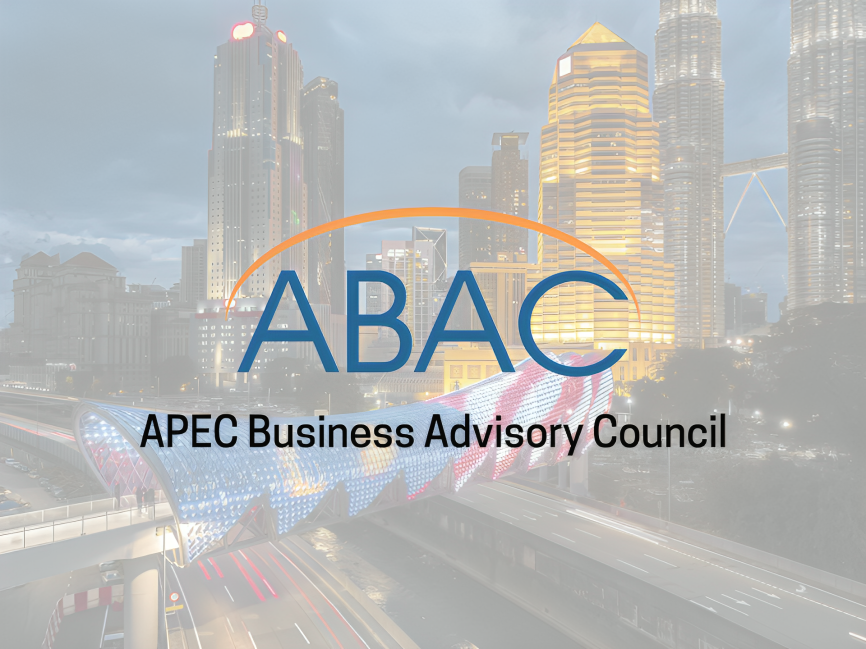
In the Asia-Pacific economic collaboration, the APEC Business Advisory Council (ABAC) plays a pivotal role in shaping policies and strategies that drive growth and prosperity. As Malaysia assumes its role within this influential council, it underscores the nation’s commitment to fostering regional economic cooperation and sustainable development. ABAC Malaysia meeting was held in Kuala Lumpur, Malaysia on February 16th, 2024.
People, Business, Prosperity
Introducing the theme of the year. The theme that fuels on the desire to tackle key issues in the economic fragmentation today introduced during the ABAC Malaysia meeting:
- Trade and Investment Facilitation
- Digital Transformation
- Sustainability
- Inclusion
Key Issues Highlighted
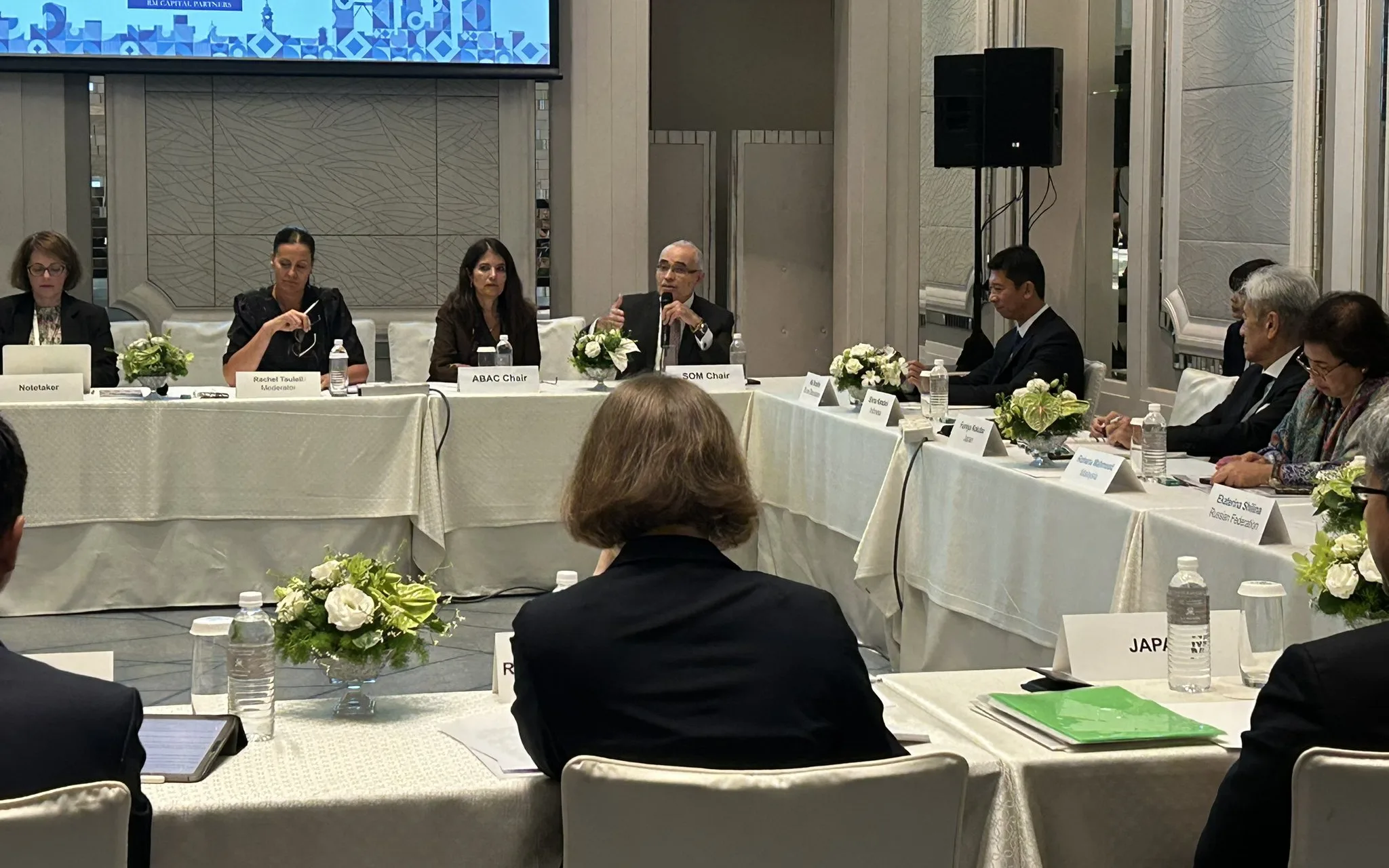
Image via APEC Business Advisory Council (ABAC)
Seeing APED FDI inflows decrease even with post-Covid rebound is concerning.
APEC Policy Support Unit
Despite the APEC region outperforming the global average in terms of investment facilitation, foreign direct investment (FDI) inflows into the region experienced a decline of 9% in 2022. This downward trend in FDI inflows is noteworthy, considering the bloc’s reputation for creating conducive environments for investment. Despite APEC’s commendable efforts in streamlining investment processes and promoting business-friendly policies, the decline in FDI inflows raises questions about the underlying factors affecting investor confidence and economic dynamics within the region.
“…Action is needed urgently to get us back into the routine of sustainable economic growth”
From ABAC To APEC Ministers
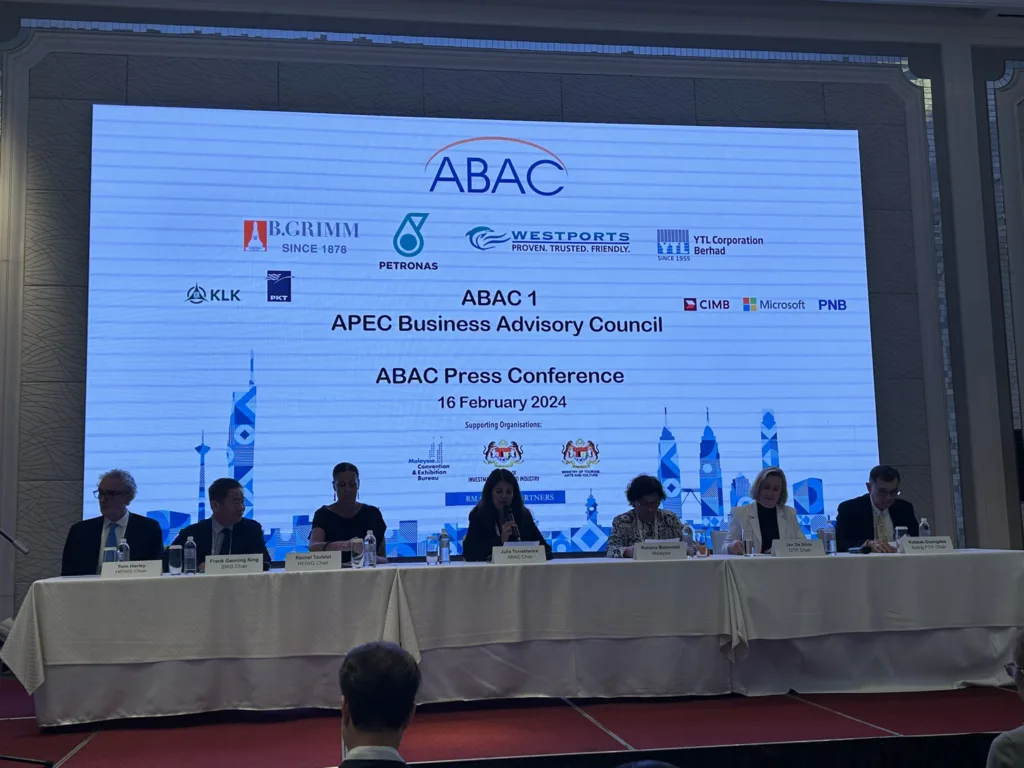
APEC Business Advisory Council (ABAC)
This is the outcome of the first of many public-private discussions with APEC Senior Officials and Ministers. The discussion is set to better another year of ambitious collaboration between them and the ABAC members.
Priorities In 2024
One of ABAC’s primary objectives for the current year is to bolster the economic architecture of the Asia-Pacific region. In pursuit of this goal, ABAC is collaborating closely with its counterparts within APEC to advance concrete measures towards realising the vision of a Free Trade Area of the Asia-Pacific (FTAAP).
By fostering greater regional economic integration and dismantling barriers to trade and investment, ABAC aims to create a more seamless and interconnected economic environment that benefits businesses and consumers across the region.
Additionally, ABAC is committed to addressing the transition from the informal to formal economy, recognising the importance of supporting businesses and workers in this process. As part of this initiative, ABAC is actively developing practical ideas and strategies to facilitate the transition, including measures to formalise informal businesses, enhance access to financial services, and provide support for skills development and capacity-building.
By promoting the formalisation of economic activities, ABAC seeks to unlock the potential for inclusive and sustainable economic growth while improving social protection and economic resilience within the region.
These are put forward by the ABAC Chair 2024, Julia Torreblanca.
WTO Ministerial Conference
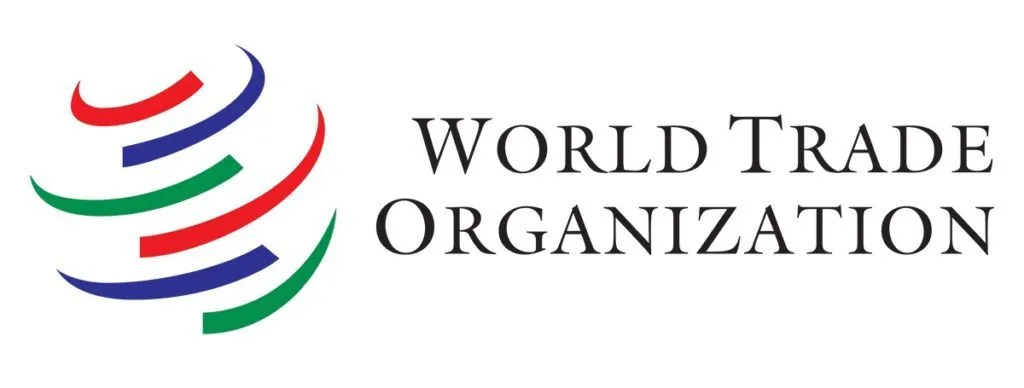
Image via Corporate Finance Institute
The World Trade Organisation (WTO) is an international organisation that regulates and facilitates trade between nations. ABAC has released a declaration ahead of the forthcoming WTO Conference (MC13) with the objective of achieving ambitious results. This endeavour includes advocating for full restoration of dispute resolution mechanisms and a permanent ban on tariffs for electronic transmissions.
ABAC Chair notes:
We are deeply grateful to the Malaysian government for their support in hosting this meeting. We specially thank the Honorable Senator Tengku Datuk Seri Utama Zafrul Tengku Abdul Aziz, Minister of Investment, Trade and Industry, and the Honorable Liew Chin Tong, Deputy Minister, who shared critical insights which will serve as valuable inputs to our work.
Julia Torreblanca, ABAC Chair
Initiatives Suggested
The upcoming 13th WTO Ministerial Conference in Abu Dhabi might not yield favorable results. Instead, ABAC encourages APEC Trade Ministers to collaborate and push for ambitious outcomes. Specifically, they urge APEC Ministers to:
- Work towards agreeing on a permanent ban on customs duties for electronic transmissions. This is crucial to prevent new trade barriers in the digital economy, which is essential for growth, inclusivity, and sustainability. Implementing new tariffs would disproportionately affect vulnerable populations and hinder economic progress.
- Advocate for the immediate restoration of the Appellate Body and necessary reforms to the WTO’s dispute settlement system. Without these measures, the integrity of the WTO’s commitments and opportunities is at risk.
- Push for significant reforms in agriculture and fisheries. This includes reducing and eliminating trade-distorting agriculture subsidies, promptly ratifying the Fish Subsidies Agreement, and finalising the Agreement’s second phase. These actions are essential to protect the global environment and ensure fair competition and food security for everyone.
For APEC Ministers
ABAC also urges APEC Ministers to advocate for open plurilateral agreements, such as the Joint Statement, which offer practical and innovative solutions to pressing challenges, in the ABAC Malaysia conference. These initiatives involve a significant portion of the WTO’s membership, and any attempts to undermine them hinder the collective goals of global development and prosperity.
Specifically, ABAC call on APEC Ministers to:
- Fully endorse the Investment Facilitation for Development Agreement and incorporate it into the WTO’s legal framework. This agreement holds the potential to unlock development, prosperity, and sustainability in our region.
- Lead efforts to achieve substantial outcomes in E-Commerce this year. These outcomes would enable economies to harness the advantages of the digital era, facilitate secure cross-border data flows, bridge the digital divide, and address regulatory fragmentation.
- Support initiatives that promote effective trade measures. This is to address sustainability concerns, including combating climate change, which poses the most urgent threat to humanity. These efforts are essential for fostering a more sustainable and resilient global economy.
The moment has come for APEC economies to take decisive action in support of ambitious outcomes at MC13. According to ABAC Malaysia, together, we have the power to promote a trade environment that not only fosters economic growth but also addresses the needs of our societies and the planet.




